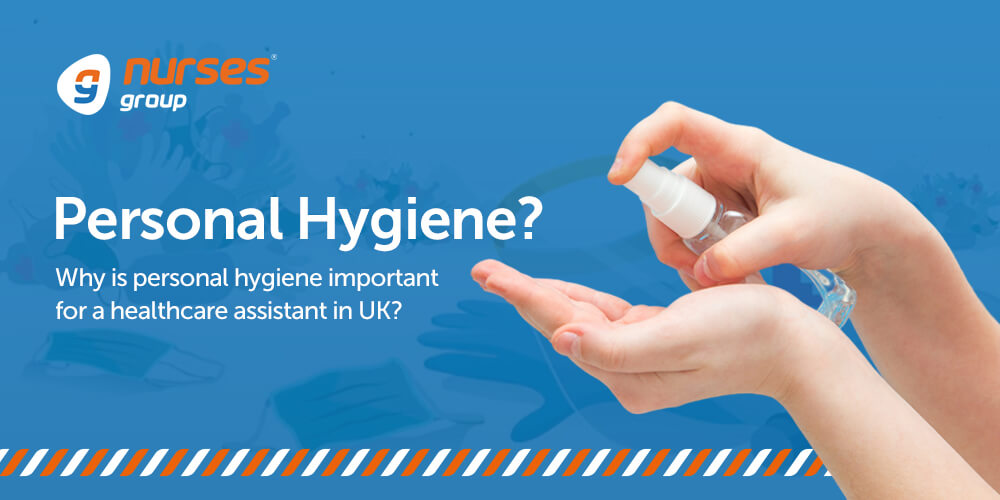
To lead a healthy life individuals have to maintain personal hygiene. Especially healthcare professionals might need to use various ways to keep things clean and safe. Depending on the place you are working like in a clinic or at a healthcare place it is really important to keep things clean. Let us explore for a better cleaner lifestyle.
Taking care of your body to ensure it stays clean and healthy is what personal hygiene is all about. It is like keeping clean to stay healthy and feel good. You can avoid getting sick or feeling unwell by washing your body and hair regularly with soap and water. Staying clean prevents illnesses and helps maintain good health. Good personal hygiene helps prevent illness. It also promotes overall well-being.
During cold and flu season one main advice that everyone get is to wash their hands frequently. This is especially important for healthcare assistants. Healthcare assistants interact with many people each day. They can get the illness easily. So, in healthcare jobs maintaining personal hygiene is mandatory. They have to wash their hands regularly, wear masks around sick people and avoid touching their face. Healthcare assistants will learn these hygiene practices during their training. It will help them start their career with good habits to keep themselves and others safe.
Before starting to help a patient, the healthcare professionals needs to check who the patient is and look at their medical records. This helps them give the right treatments and make any changes the patient might need. Healthcare professionals should wash their hands before touching patients to keep them safe from germs. They might also wear gloves if they need to do certain things.
Apart from actually helping with hygiene tasks, how the medical provider behaves can also affect how the patient takes care of their hygiene.
Hand hygiene means cleaning your hands in any way.
It includes:
Keeping your face clean can help individuals to stay healthy. Use soap and water to wash away dirt and other stuff from your face. You can avoid getting sick or control some health problems by keeping clean and washing your face often. Your hands can transfer dirt to your face. Dirty hands can quickly pass germs to your face when you touch dirty things and surfaces without washing them. You can protect your face by following methods:
For healthcare professionals, it is important to wear gloves to stop infections from spreading. Wearing the correct gloves properly helps keep you and patients safe from spreading germs. Gloves helps to prevent spreading of microbes. Microbes, tiny germs that can make you sick, move around a lot in places like hospitals because patients and healthcare professionals touch each other often. Healthcare professionals can also catch these germs as they do their jobs. Most germs spread through touching, so wearing gloves can really help stop infections from spreading.
If you need top-notch healthcare staff in the UK reach out to Nurses Group. We are the foremost nursing staffing agency offering the best healthcare staff solutions across the UK.

Nurses Group became the most trusted healthcare agency by following the simple formula, we treat our clients like family. We aim to provide a quality and reliable healthcare service through our team of committed and experienced nursing staff.
Nurses Group is a family-owned and operated Healthcare Company with years of experience in the
UK healthcare industry. © Nurses Group, a division of JSS Healthcare Ltd. Registered in England
& Wales. Reg No. 09846338



© 2015-2026 nursesgroup.co.uk. Powered by John & Smith

